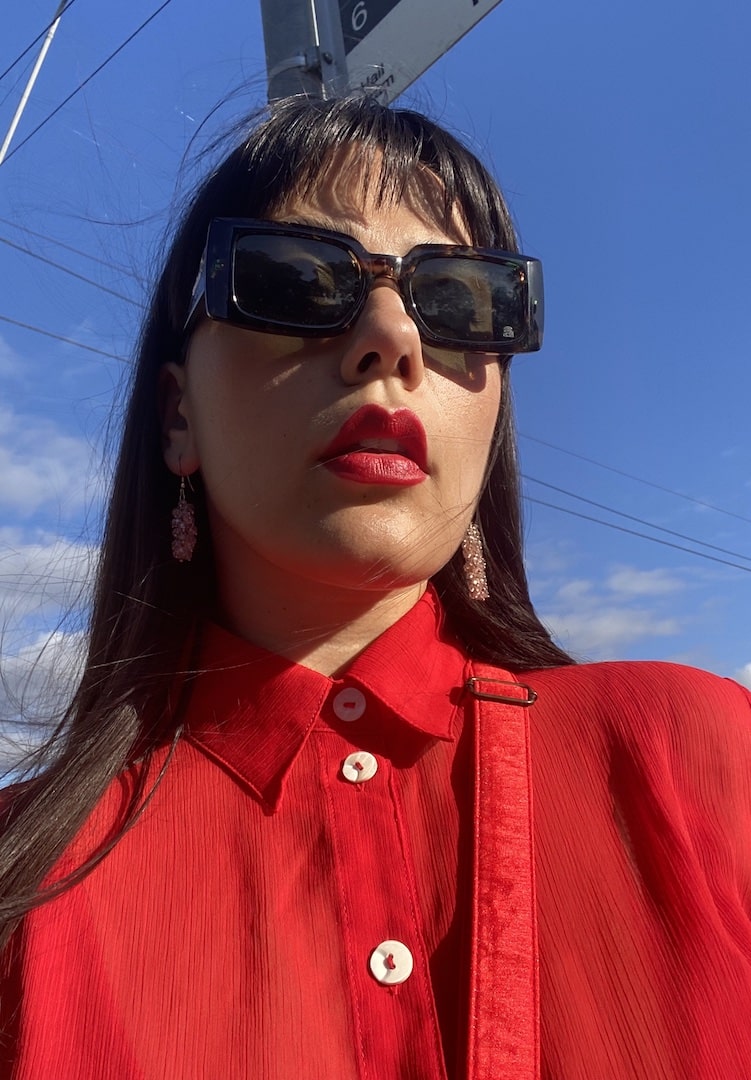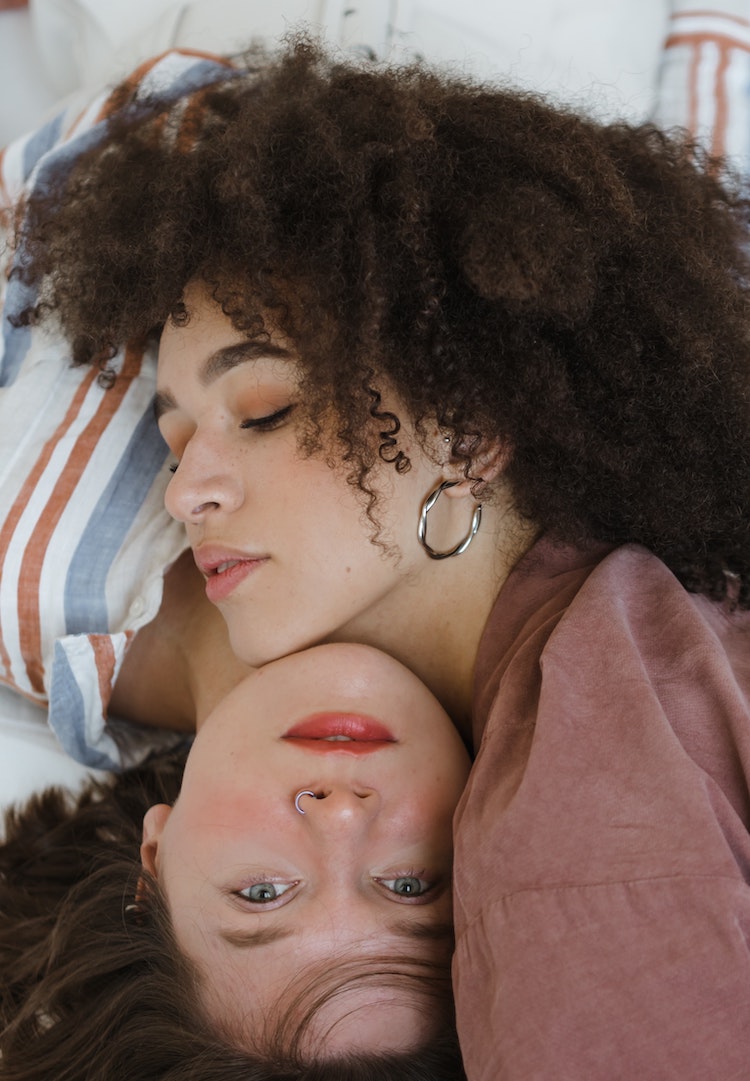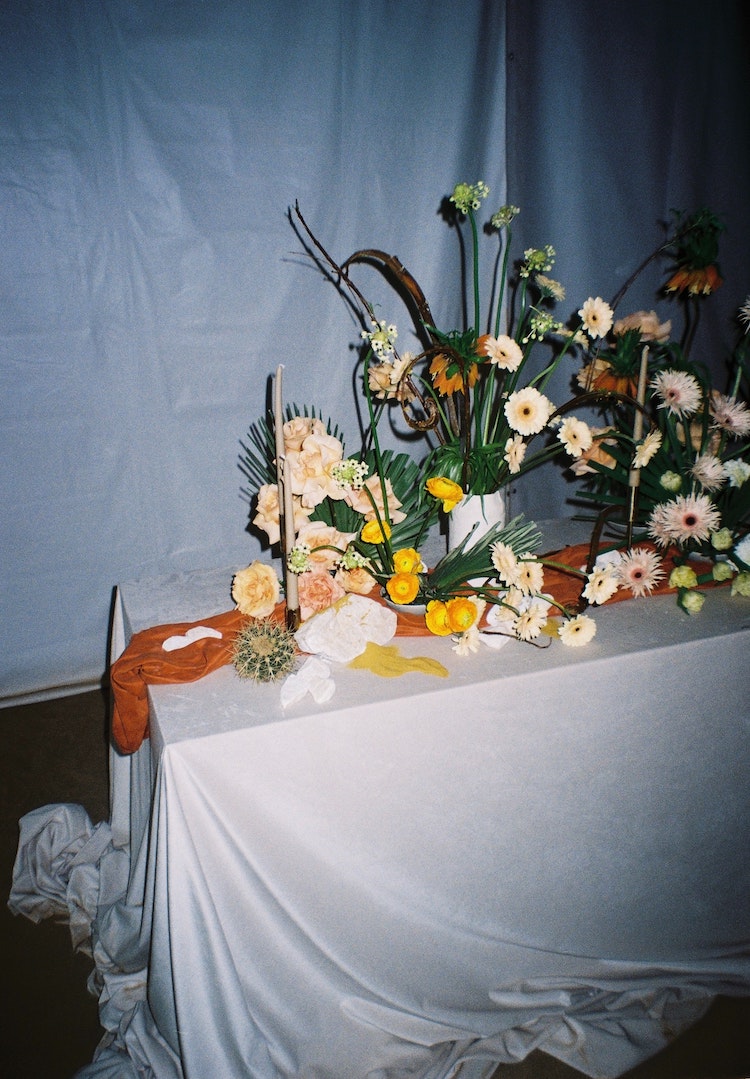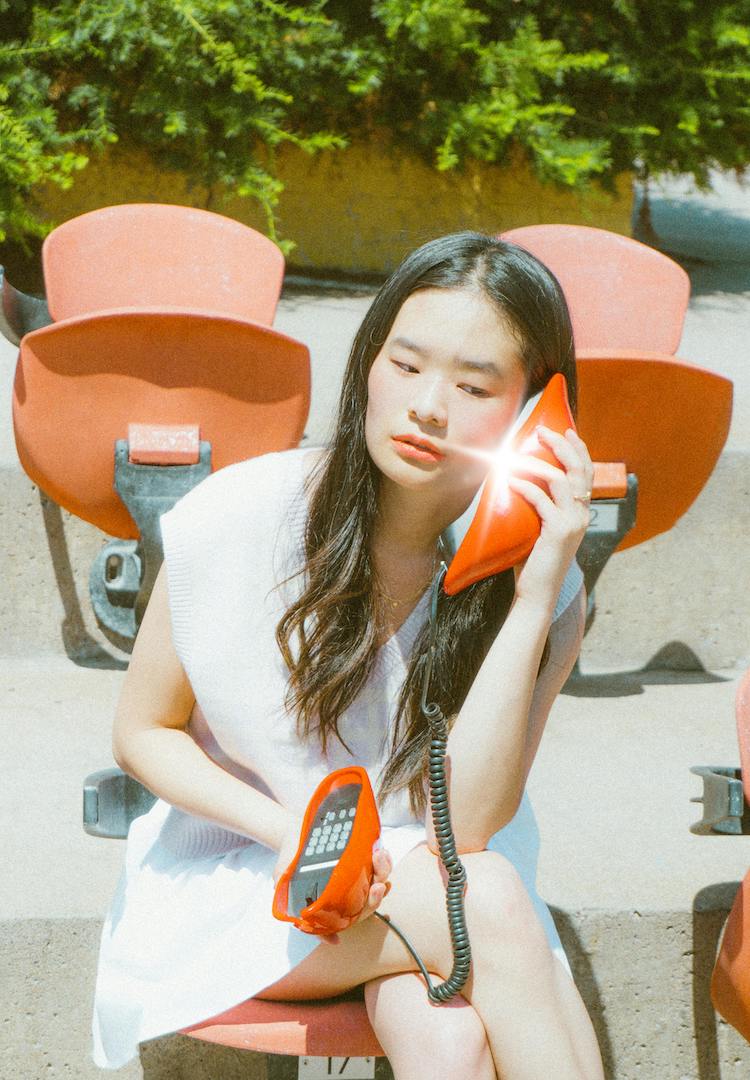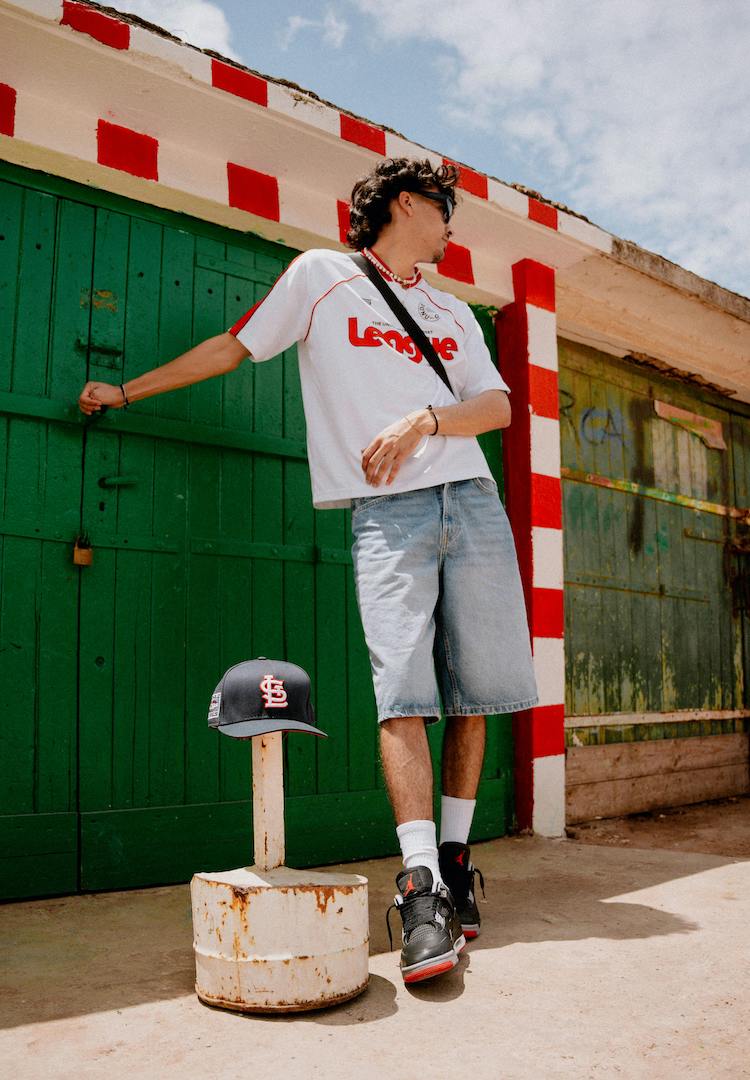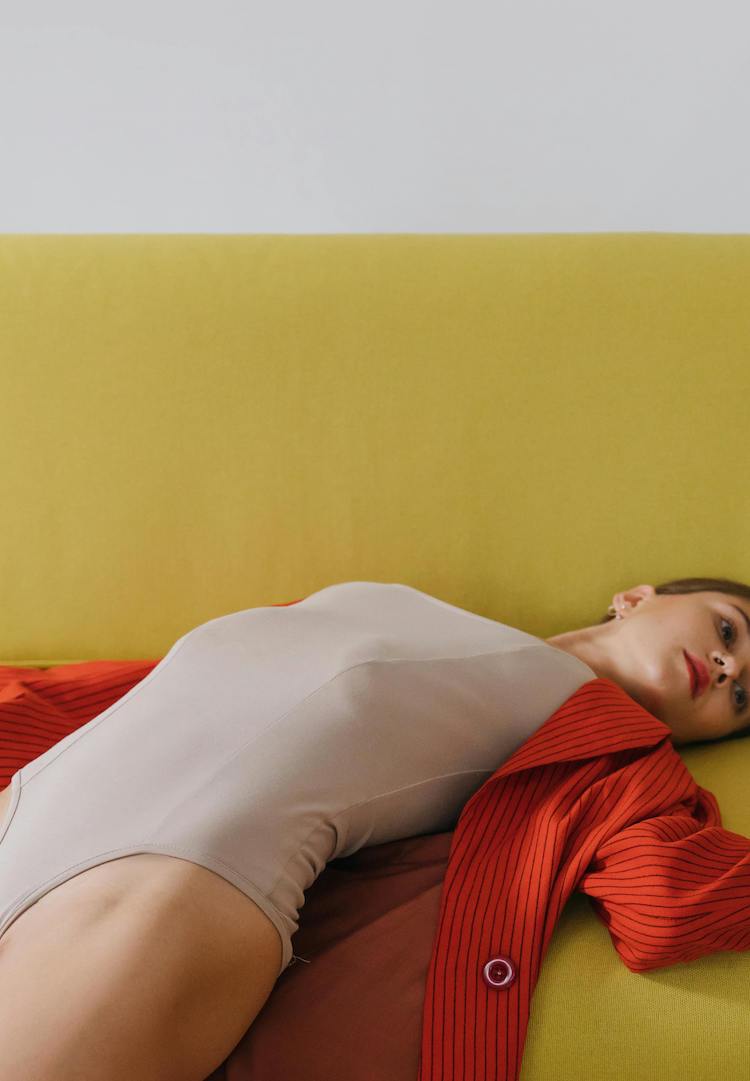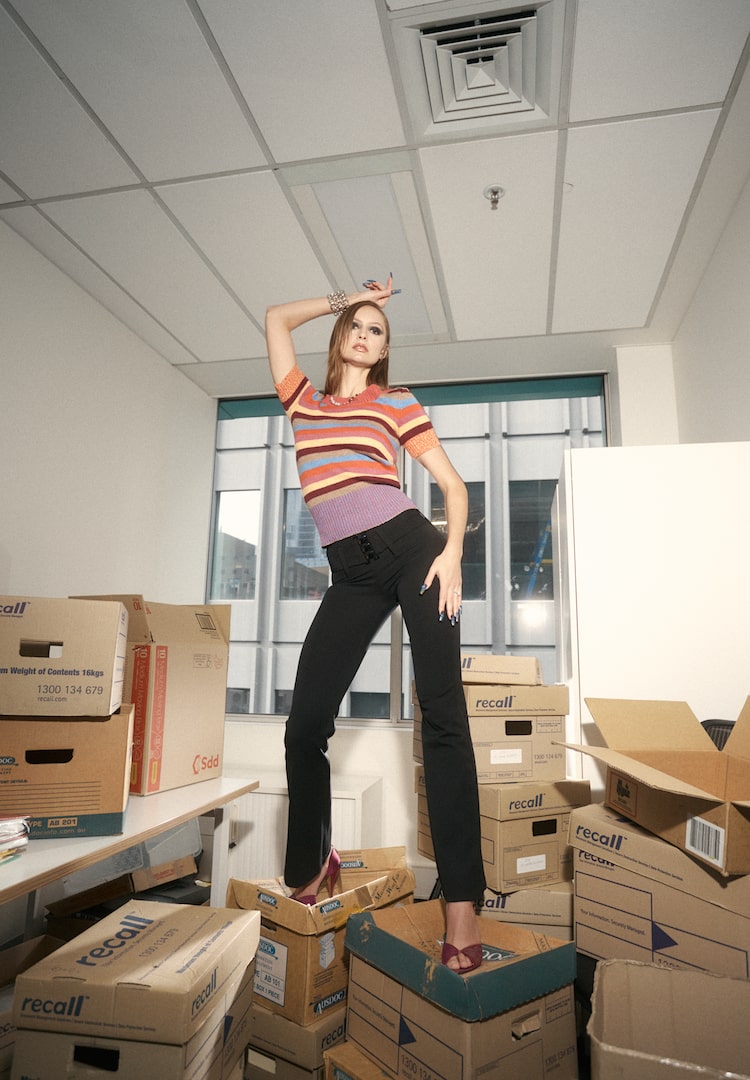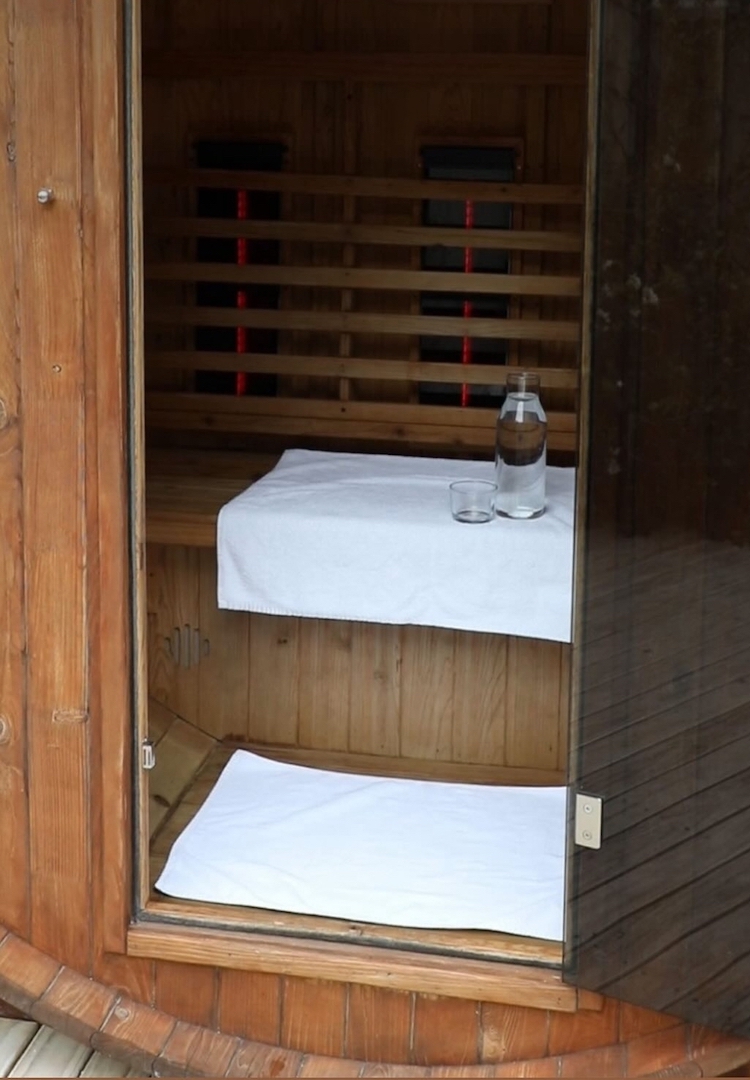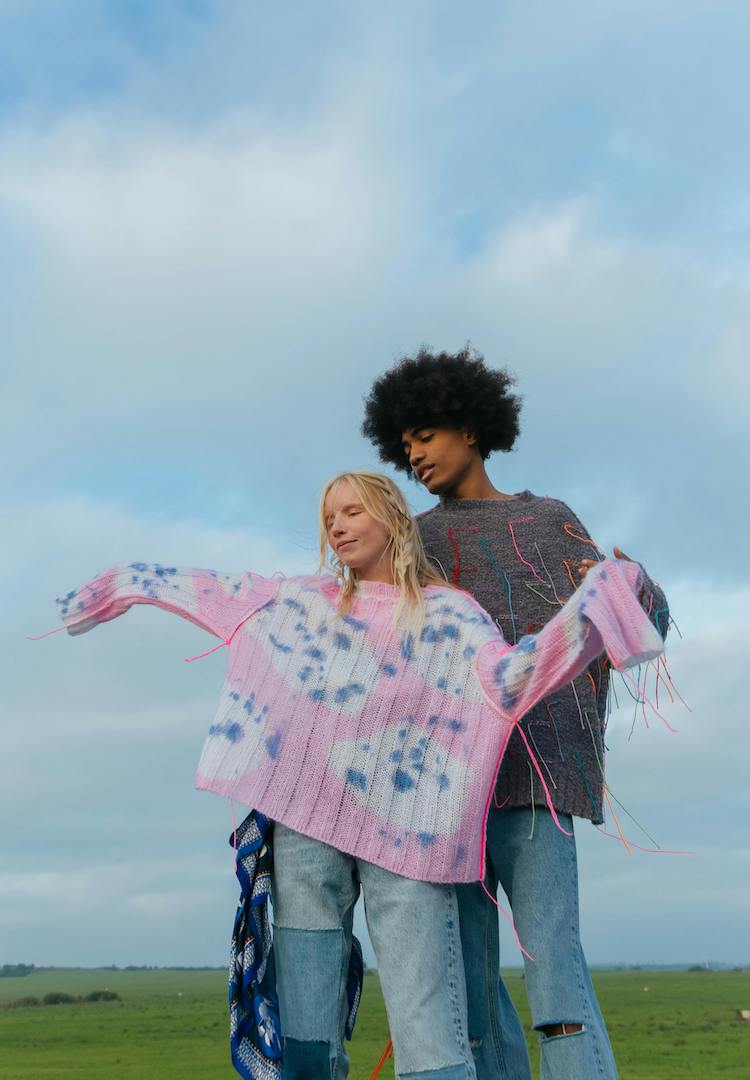Everything I learnt from my first queer breakup
WORDS BY JACKIE ZHOU
“Losing them made me lose myself because I’d attached so much of my identity to them.”
Content warning: This article discusses suicidal thoughts and self-harm.
As you’re probably aware, it’s currently Pride month. It’s fitting then that I’ve been reflecting on my journey with gender and sexual identity so far. Being only 21 years old, I recognise I still have my entire life ahead of me for experiences and lessons in love, friendships and relationships.
But thinking about the person I am now compared to the person I was a few months ago reminds me how much personal growth has occurred. The person I was during my first queer relationship feels like an entirely different person from who I currently am, something I largely attribute to our breakup. I can’t speak for the entire LGBTQIA+ community, but for me, queer relationships and romantic pursuits feel entirely different now I no longer feel the need to present as straight and cisgender.
For more content like this, browse through our Life section.
I’ve known about my queerness since I was thirteen but internalised homophobia meant I only ever felt comfortable pursuing or allowing myself to be pursued by cis men. This led to a blurry period of my life where I found myself incapable of feeling anything close to ‘love’. Romantic pursuits never felt that serious, I never really felt anything deeper than a surface-level attraction and I didn’t enter anything long-term during this period of romantic and sexual perplexity.
So when I entered my first queer relationship, I didn’t want to screw things up (spoiler alert: I definitely did). I fell hard and fast for my partner at the time, and I viewed their rich experience in queer dating and gender exploration as a roadmap for my own journey. I was new to it all, and I’d found someone I could bond with; someone who understood the messiness that was gender queerness. They were a guide for me, a way to checkpoint my own journey. I viewed them as a light that was leading me through a dark tunnel of uncertainty, gender dysphoria and general relationship-related growing pains.
But of course, as per the spoiler warning, the relationship came to an end. I found our breakup one of the most painful experiences I’ve had to date. Queer relationships meant living more authentically after conforming to a certain image I’d tried to make work for my entire life. It meant finding someone who could share these experiences with me and hold my trembling hands through the mess of trauma and confusion.
But in idolising my ex-partner, I became too reliant on them for guidance and support during my mental health difficulties. My anxious attachment style was too much for them and I found myself in a place where my self-worth hinged on how soon they texted me back. During the course of our relationship, I became heavily suicidal and relapsed with self-harm (something I’ve struggled with previously) and my inability to communicate my needs became a heavy burden that I’d placed entirely on my partner’s shoulders.
I look back on this time retrospectively with a lot of hurt and sadness for the person I was. I was constantly triggered in our relationship because of our incompatible values and I relied on my partner too much during my journey of self-discovery. Losing them overnight when I least expected it sent me into a spiral of despair, grief, delusional hope and consequently, gut-wrenching disappointment. Losing them made me lose myself because I’d attached so much of my identity to them.
I’d never fallen in love with a person the way I fell in love with them, and that deceptively innocent and addictive feeling quickly intertwined with every aspect of my life and my identity. I consistently relapsed into feelings of worthlessness after our separation (not that I wanted them to know it) but eventually realised I couldn’t live like that. I hadn’t eaten or slept in weeks and I knew if I didn’t do something about it, I wouldn’t be able to pick myself back up. At least not alone I couldn’t.
Thankfully, my friends welcomed me into their spaces. They listened to my tearful ramblings and frustration at my loss of appetite. They held me while I sobbed and mourned who I thought I would spend a significant part of my life with, and they grounded me in a way I hadn’t felt in a long time. During my relationship, I’d felt unanchored and listless, like I had to keep begging for some kind of support because I felt my partner was all I had.
It wasn’t until I returned to therapy and my psychologist told me to “Be curious about my pain” that I experienced a turning point in my healing journey. My sense of self had been compromised because it was so entirely reliant on someone else, but accepting my pain as it came in its usual waves, visualising it and looking at it as something that was normal rather than something that had to be endured helped me immensely.
Nowadays, I find comfort in knowing my identity is based on expanding my community. My self-worth is no longer tied to the actions of one person but to my actions and interactions with others. I’ve found a purpose and a path in my life that has extended beyond myself and it’s eased my mental anguish. When I look back on the person I was towards the end of my relationship, I feel grateful that someone I’d loved so much decided to end things for each other’s benefit.
My relationship with my own identity became louder and prouder after I transformed my pain into connection and creation, and I’m so grateful for the lessons my first queer relationship taught me. It was these lessons that helped me rebuild myself. I can only hope my future relationships will be just as transformative.
If you or someone you know is struggling with their mental health, you can contact Lifeline on 13 11 14.

